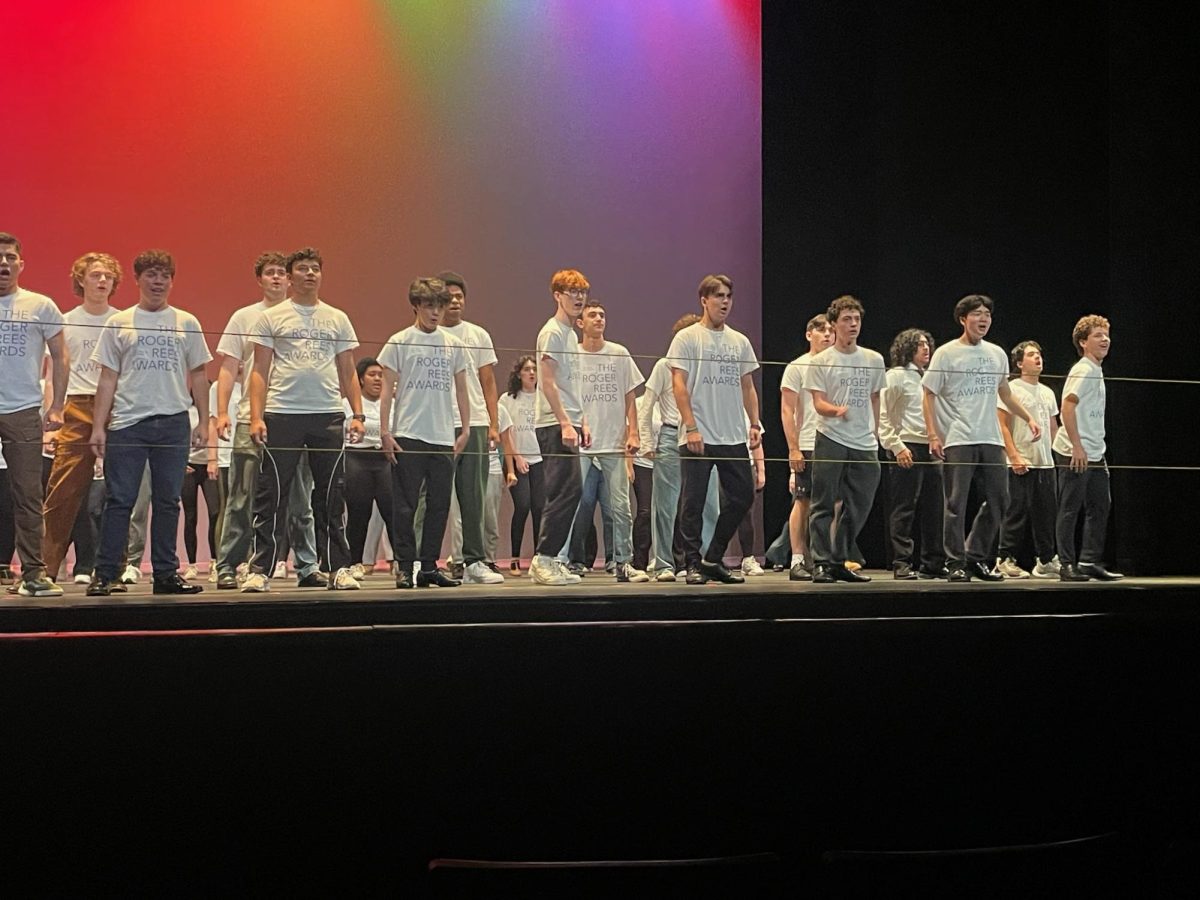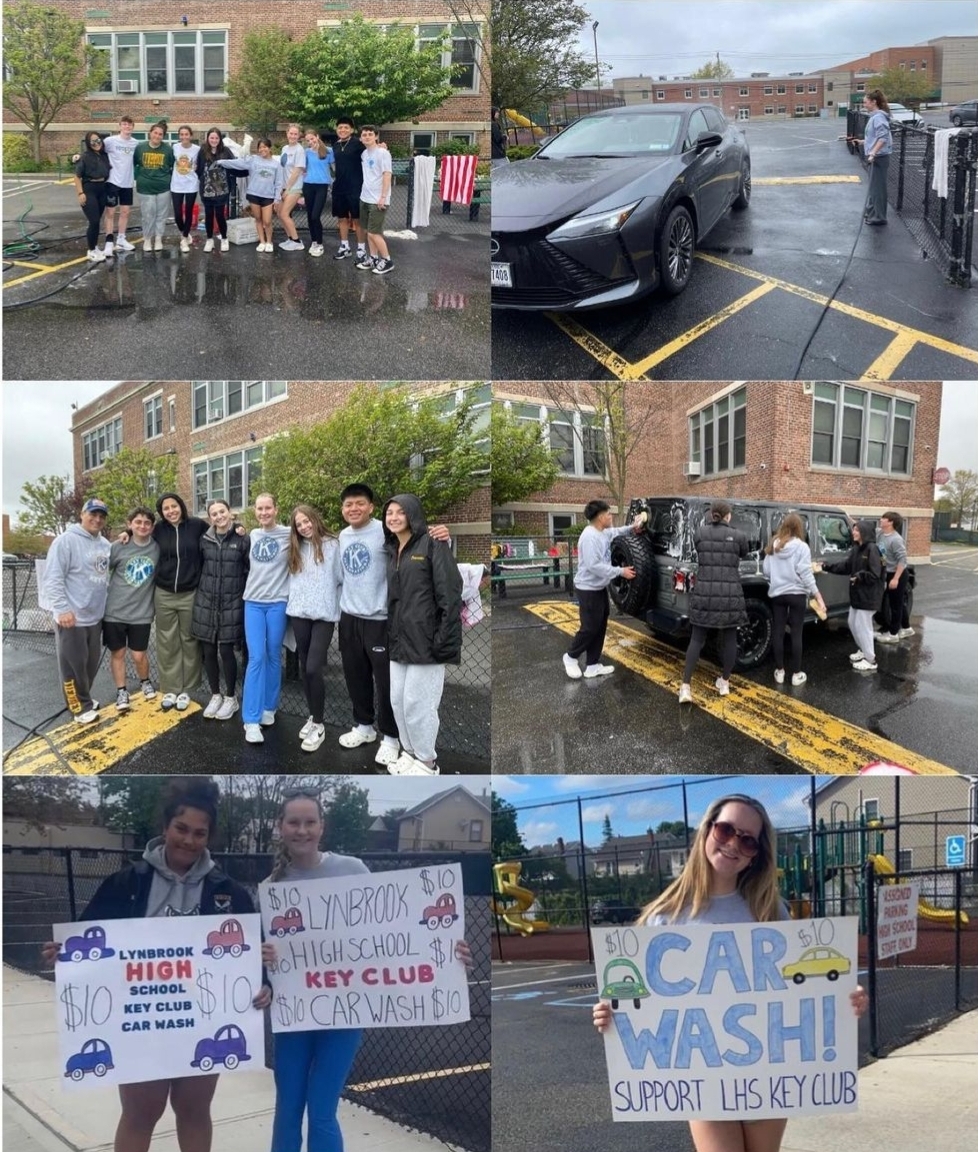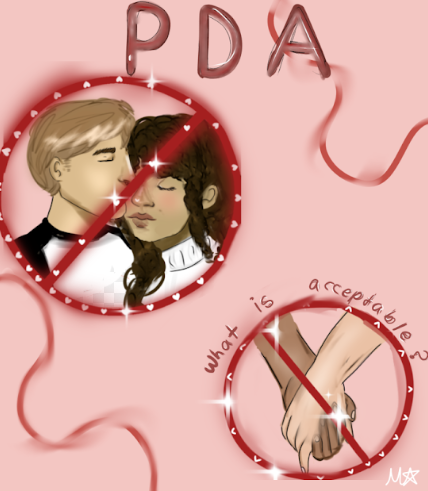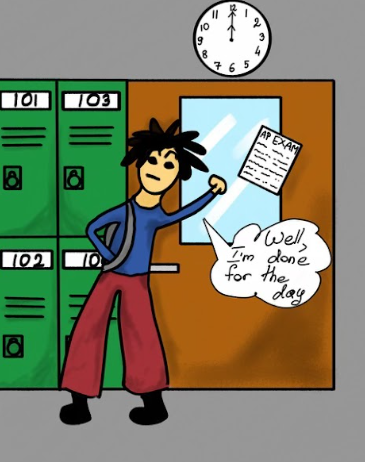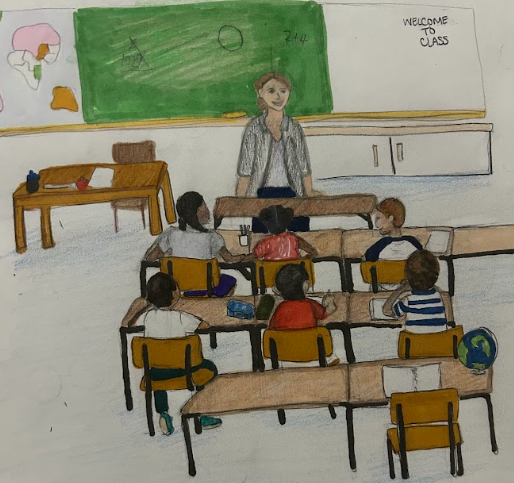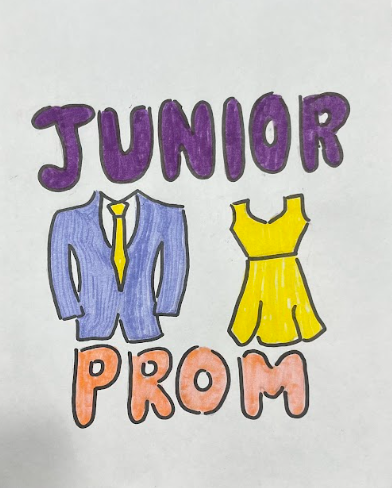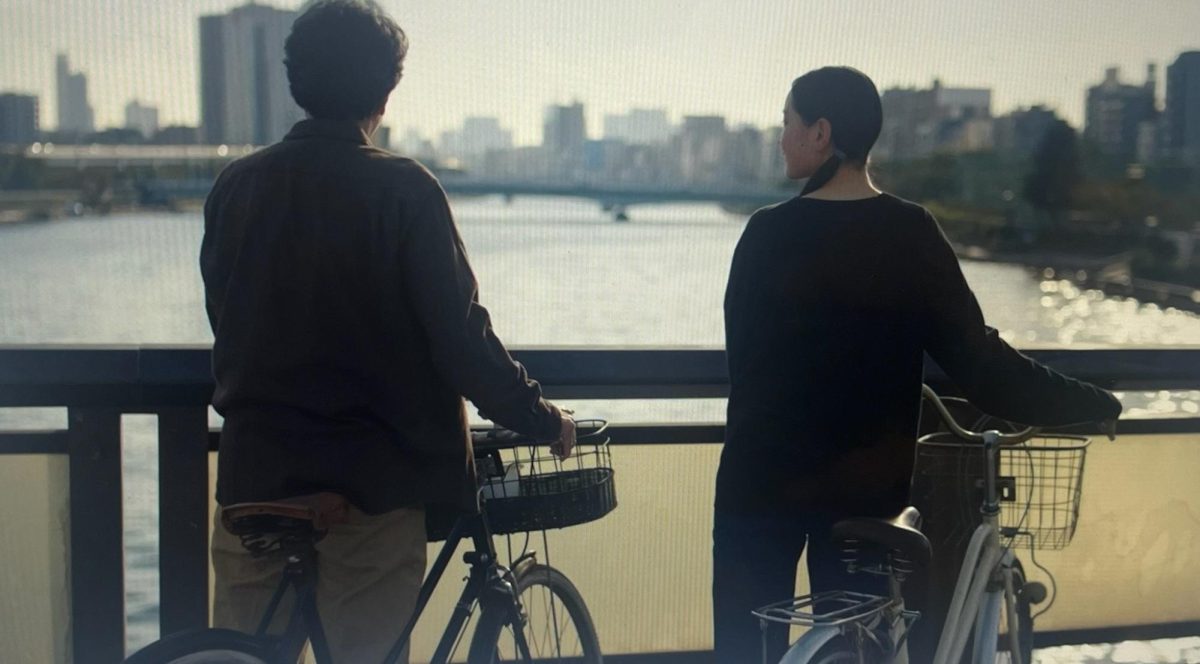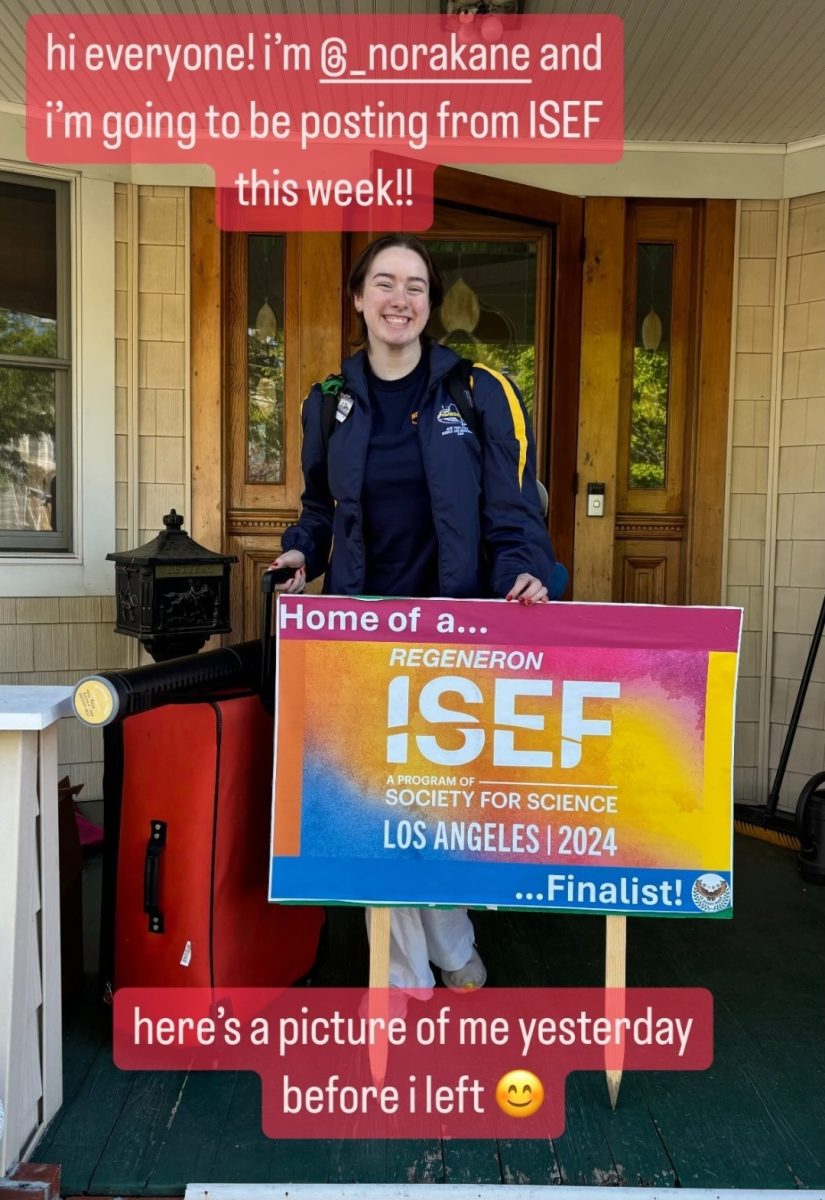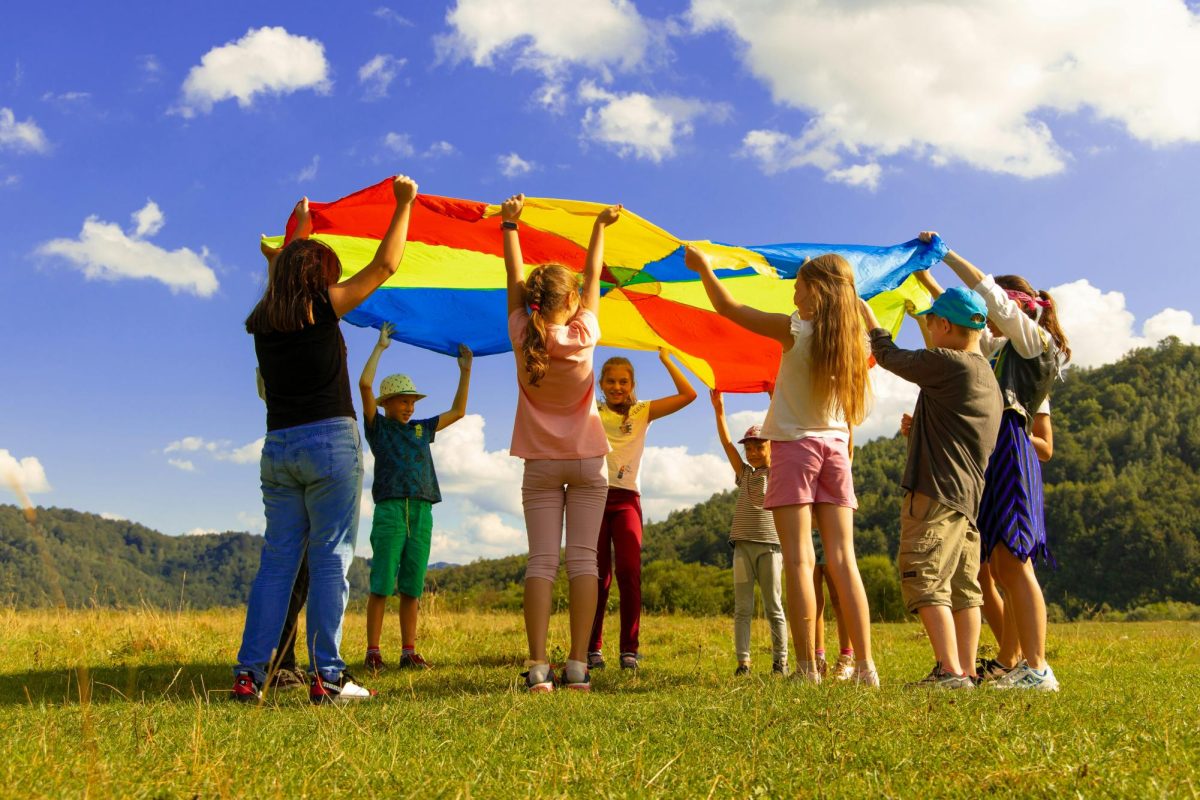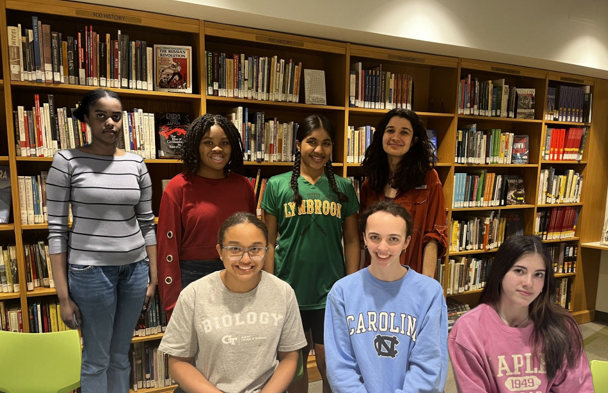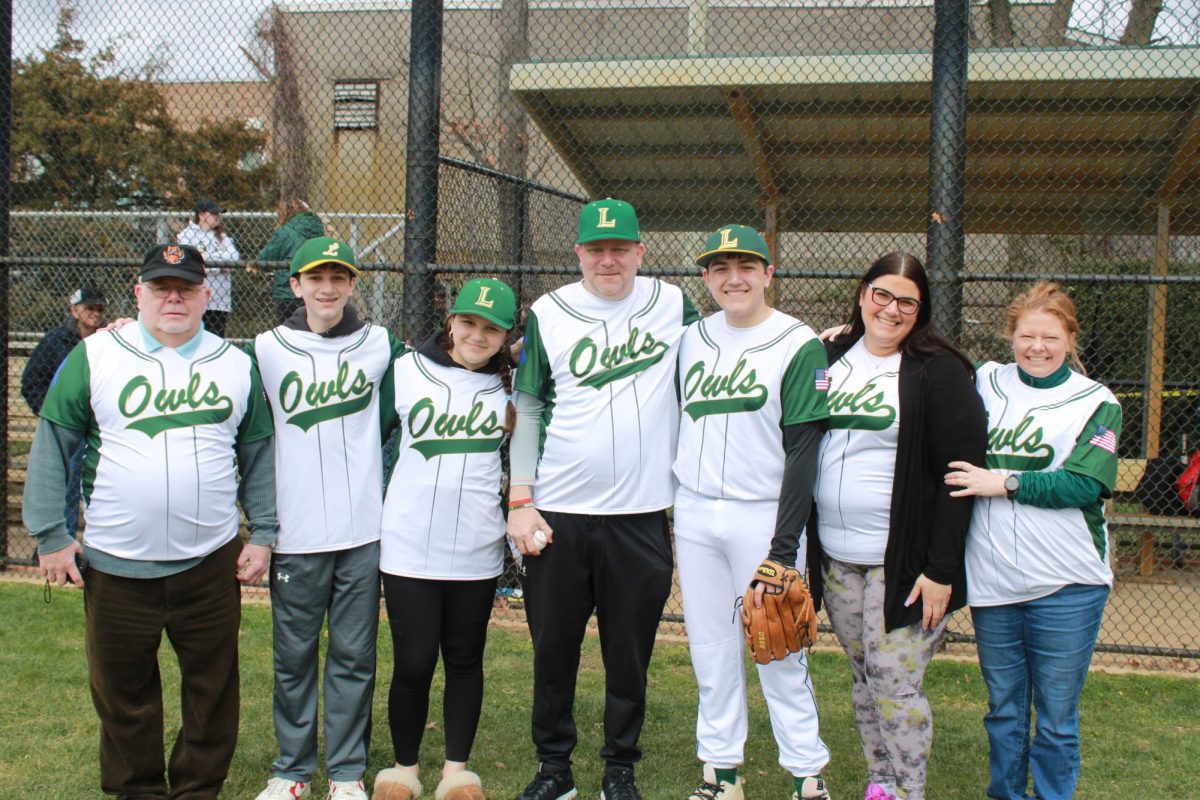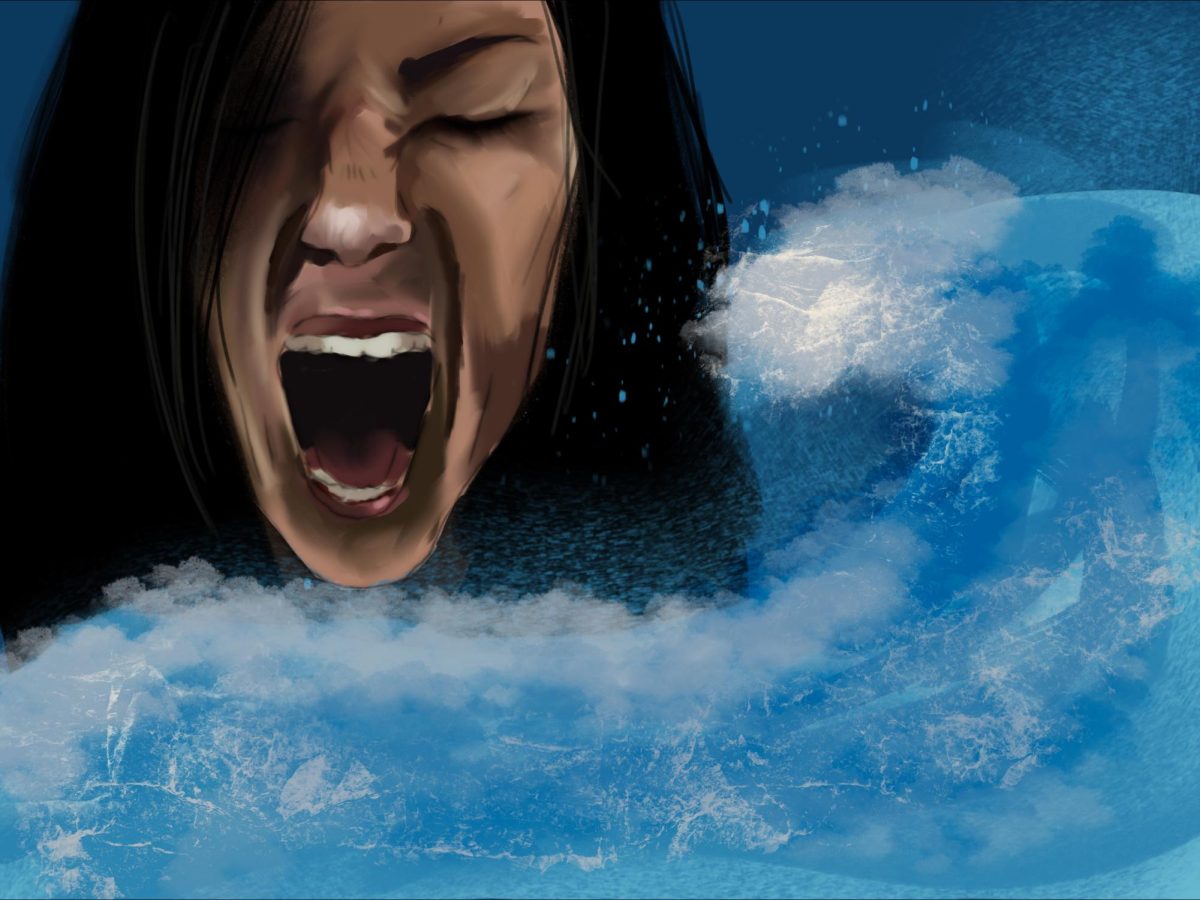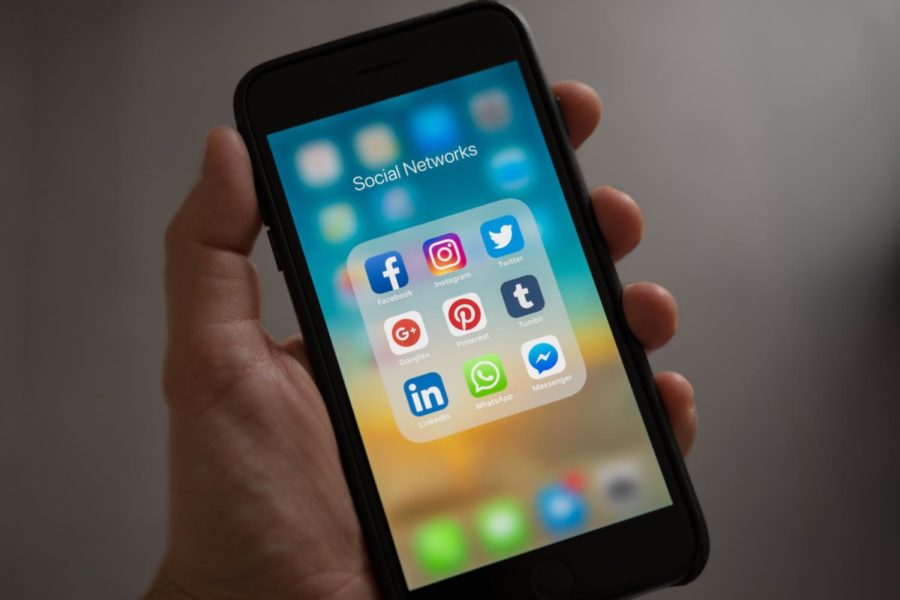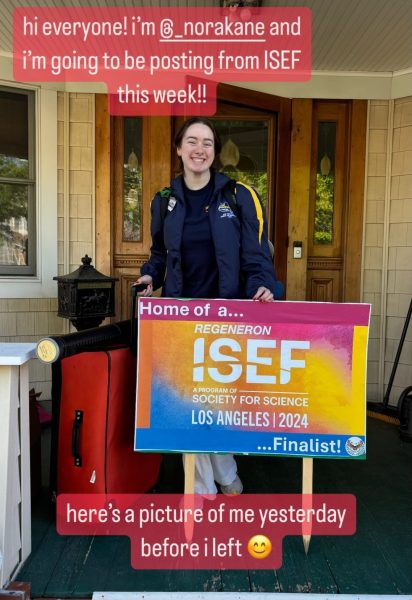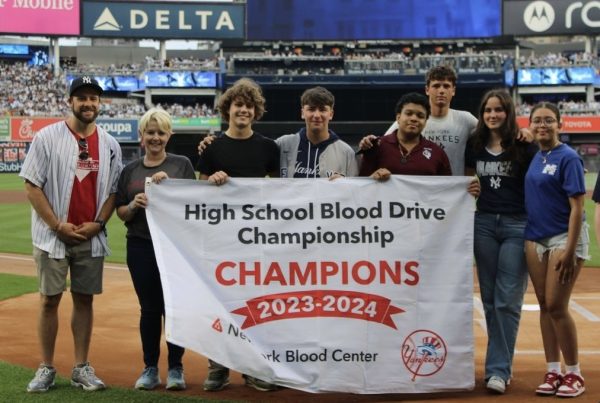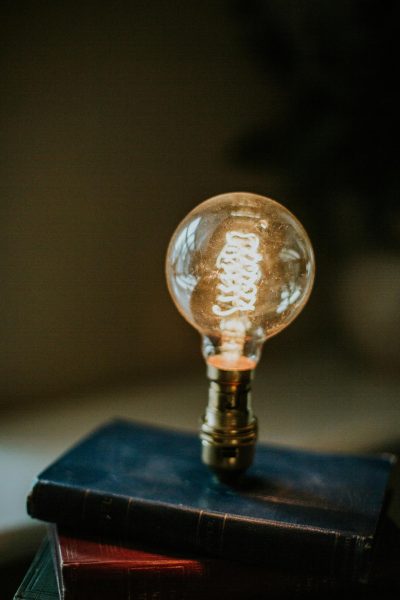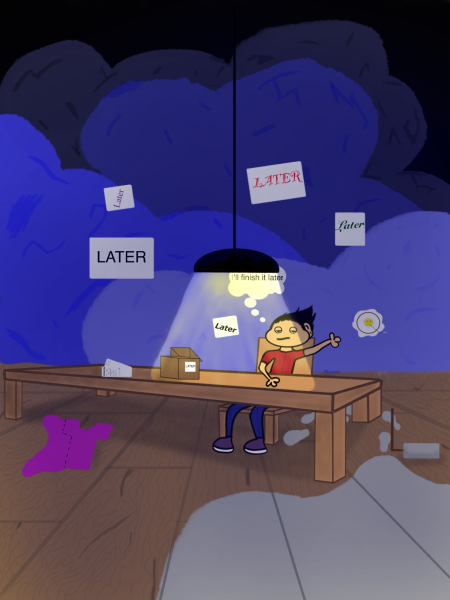How Social Media Has Changed Society for the Worse
Photo by Tracy Le Blanc from Pexels
Social Media has become a large part of our everyday lives. What effect has it had on society?
Today, it is rare to find an individual who does not use social media platforms. According to Gale Opposing Viewpoints database, about two-thirds of the country uses social media networks. In the past decade, there has been a significant increase in the use of social media and the diverse ways in which it is used. Online platforms allow users to communicate with others. They can share similar interests, beliefs, and even political viewpoints. Throughout the pandemic, it was challenging to maintain contact with the outside world while still abiding by certain restrictions and keeping everyone safe. Social media changed this; it allowed users to feel connected to the outside world and other people.
There are always pros and cons to any innovation. Social media is no exception. Some view social media as beneficial, innovative, and valuable, while others view social media as “the death to society.” According to Gale Opposing Viewpoints, there have been countless studies performed on whether social media is harmful or beneficial, and the results of the studies depend on the people surveyed. While it has some benefits, the increased use and reliance on social media is harmful to the world and has changed society forever.
The main goal of social media networks is to draw in more users. The more people use social media platforms, the more beneficial it is to the creators of these platforms. According to Gale Opposing Viewpoints, with almost everyone having access to the platforms, networks have incited a status-chasing competition between users. The power function of “likes” and “followers” puts pressure on users. Users strive to have more followers than the next, and the once innocent disposition of social media is gone. Imagine looking at your favorite celebrity’s page and not being able to see the number of likes, followers, or views they had on their last post. According to Gale Opposing Viewpoints, people are used to being drawn to numbers that are meaningless in the real world. Being famous is more than just a number, but modern society has made it imperative.
Attempts to resolve this issue have been put into action. Last year, the platform Instagram removed the option to see the number of likes a person received on a typical post. This angered many users, increasing the competitiveness and causing users to try tirelessly to reinstall the feature. Junior Lexi Capitali expressed, “At first, it felt so strange because why should the amount of likes someone gets on a photo affect me? However, thankfully, over time, as I have started to disconnect more; the feature does not phase me anymore.” The numbers of social media give users a sense of success, which is why it can be so addicting; spending so much time getting more likes and being better than others distracts from the real world. Whatever is going on in the present is muted as users get sucked into a false sense of reality. Users are hypnotized at the opportunity to receive one more like or follower, giving them a false sense of self.
In addition to the status-chasing competition of social media networks, societal standards have changed drastically, and not necessarily for the better. More exposure to large media platforms like television, movies, etc., emphasizes the unattainable standards of our society and what people perceive to be “perfect” or “beautiful.” These media platforms display what is deemed to be the “ideal body type.” Constant exposure to these standards can lead to negative body image, which can lead to more serious issues for people. The societal beauty standard has been further made elusive by social network exposure, and its targeted audience is far-reaching. According to Gale Opposing Viewpoints, eating disorders, unhealthy eating, psychological issues, and insecurities can be an unfortunate consequence of the desire to meet the high standards of our society. According to the Clementine Program, a common misunderstanding is that media networks are the sole cause of these issues. This is false; there can be many causes to why a person develops these types of disorders.
Social media exposes viewers to society’s high standards and has a significant influence on people, especially on young viewers. Seeing such media can be a trigger, and a user might question oneself and gradually develop an eating disorder or insecurities. This is a dangerous and challenging way to live with only disappointment on the horizon. The aftereffects of developing an eating disorder are dangerous. The pressure of being prettier and skinnier than the next person weighs down young viewers. Despite these adverse effects, there has also been positive progress as a result of this problem. There has been significant growth in the body positivity movement. This movement is designed to challenge the unrealistic beauty standards of the world and shift toward a message that “all bodies are beautiful.” Freshman Dea Pulatani commented, “Social media can be altered, giving young boys and girls unrealistic expectations for themselves. The increase in the body positivity movement is truly the best thing for our society because it is teaching the youth to love themselves as they should.” Everyone’s body is different and holds beauty in its own way. There is a reason that every person is different, and everyone cannot have the same “ideal body type.” This generation should make it a priority to bring others up rather than bring them down because they do not fit a specific mold. There should be no standards by which to measure beauty; beauty should come from within. Beauty standards like this are ruining the mental health of teens. The constant competitive mindset that one needs to be better than the next person, or prettier, or skinnier, will eventually tear our society apart.
Social media has also played a growing role in cyberbullying. According to Gale Opposing Viewpoints, cyberbullying has been made easy by these social media platforms, and often, parents do not know that their child is being victimized. It has been made so easy to remain anonymous online or pretend to be someone else. If a child’s social media is not monitored, no one will find out if they are being cyberbullied. Cyberbullying is different from traditional bullying, and it has devastatingly long-lasting effects. According to Gale Opposing Viewpoints, face-to-face bullying is usually targeted at a small chosen group of people or individuals, but with the use of the internet, cyberbullying can reach an audience of thousands in minutes. There are many different tactics when it comes to cyberbullying. This includes the creation and spread of false rumors, pretending to be someone else, sharing embarrassing or harmful photos, and it can even get as serious as digitally convincing someone to take their own life. Once something is posted on the internet, it is challenging to get rid of it. Yes, deleting the post can make a difference, but with the power of the internet, countless amounts of reposts, or something going viral, the effects never go away. What you put on social media follows you for vast amounts of time, and on infrequent occasions, people forget. Individuals have become faceless critics.
According to Gale Opposing Viewpoints, cyberbullying can cause significant emotional, psychological, and physical distress. People can experience low self-esteem, fear, depression, and anxiety. Teen suicide rates have increased, and especially since the pandemic hit, there has been even more of an increase. When wills this end? Freshman Juliet Wrzesniewski commented, “I cannot even imagine what victims go through. Not knowing who the perpetrator was and who caused all that pain is so heart-wrenching. Cyberbullying must be talked about more and more people should be educated on the dangers.” Schools should have more education on the dangers of cyberbullying. There needs to be more education on the horrors of it and the impact it has on students. It can be as easy as teaching students to identify different forms of cyberbullying and making sure they know the proper ways to report it. People are being torn apart online, and some may never even know who the perpetrator was. Victims could be walking among their perpetrators in the hallways at school and will never know who caused such trauma in their lives.
While social media can bring many positives, there are far too many negatives for social media to be considered “beneficial.” The effects are long-lasting and harmful to a large amount of people. More people need to be educated on the harmful effects that social media has so these issues can be solved.

Hi! My name is Alexis Raynor, and I am a member of the Class of 2024 and a managing editor for Horizon. I love to dance and hang out with my friends. I...

